Multiple keys can indeed be derived from the same master key or seed, but it's important to realize that this results in distinct public keys as well as distinct private keys. The public key is converted to an address, handed out, transactions are received on that address, and to spend the received output then, the public key is revealed together with a signature with the corresponding private keys.
In other words, the blockchain and the nodes verifying it do not know or care which keys were generated from the same seed. That is purely a local wallet decision. Nodes just see distinct public keys, and signatures with their corresponding private keys. In fact, the very earliest wallet software did not use seed/master key derivation, and just used randomly generated keys for every new address.
To determine which private key to sign with (and which corresponding public key to reveal), wallets just keep a map around from all public key hashes they have generated to the information about their derivation (which index in the derivation, possibly which parent key it was derived from).
When setting up a new wallet using existing seed phrase the wallet can potentially reconstruct the map of the keys easily. Since all the child keys derived from the parent are derived in a deterministic way, the wallet can just derive hundreds or even thousands of potential keys and addresses where transactions might have landed at some point of time. Then the blockchain can be checked for those addresses and see if the record about them exists on the chain and if they indeed received any funds.

You can get bonuses upto $100 FREE BONUS when you:
💰 Install these recommended apps:
💲 SocialGood - 100% Crypto Back on Everyday Shopping
💲 xPortal - The DeFi For The Next Billion
💲 CryptoTab Browser - Lightweight, fast, and ready to mine!
💰 Register on these recommended exchanges:
🟡 Binance🟡 Bitfinex🟡 Bitmart🟡 Bittrex🟡 Bitget
🟡 CoinEx🟡 Crypto.com🟡 Gate.io🟡 Huobi🟡 Kucoin.
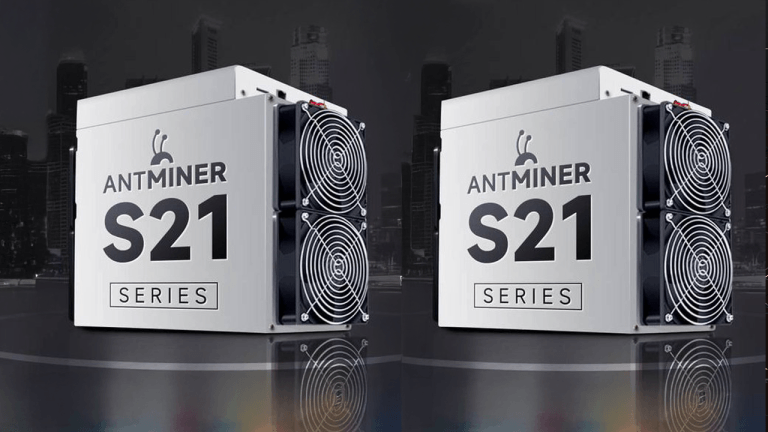
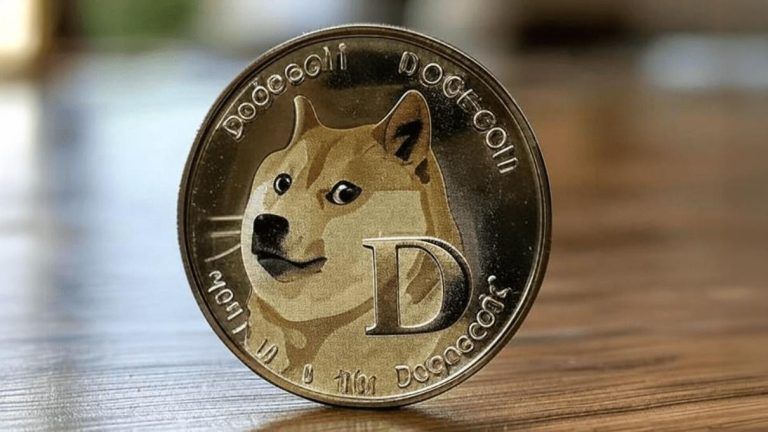
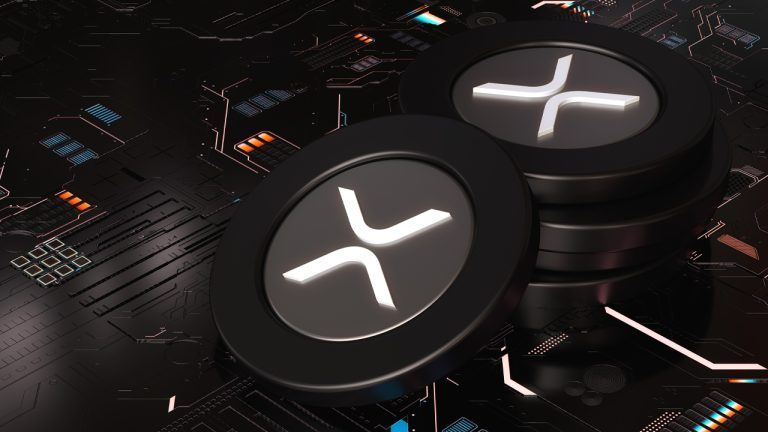
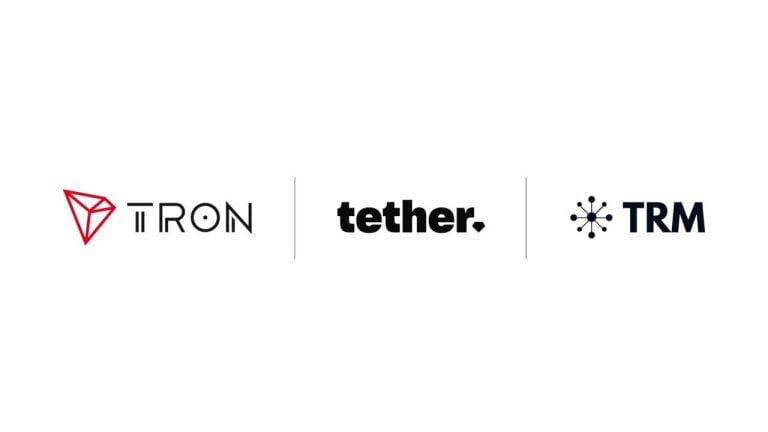








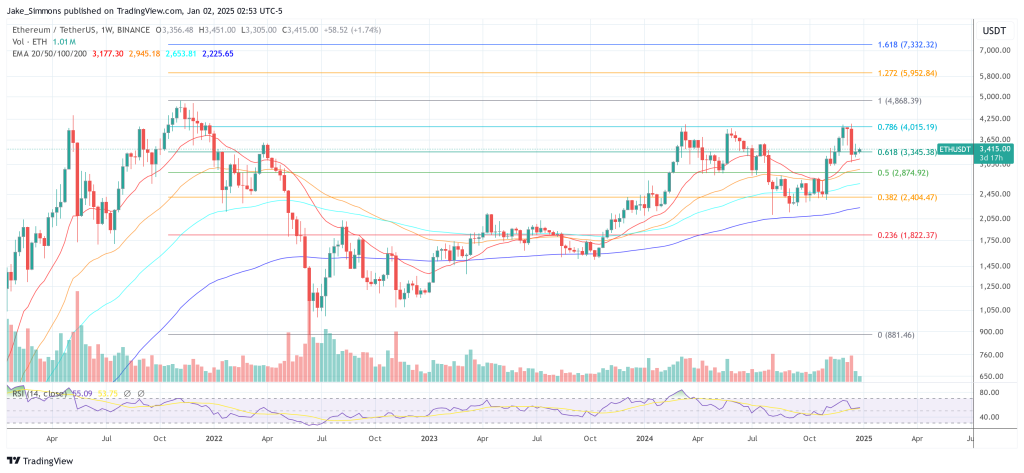




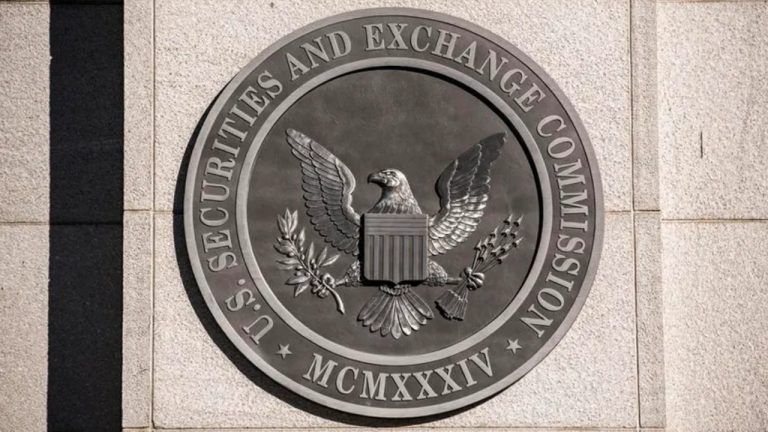

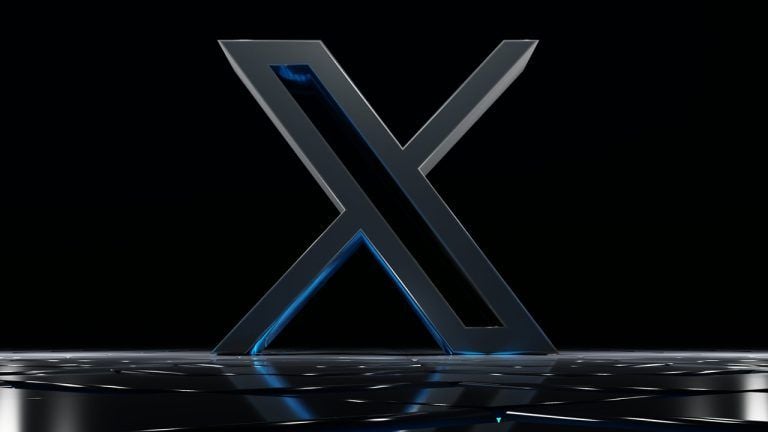
Comments